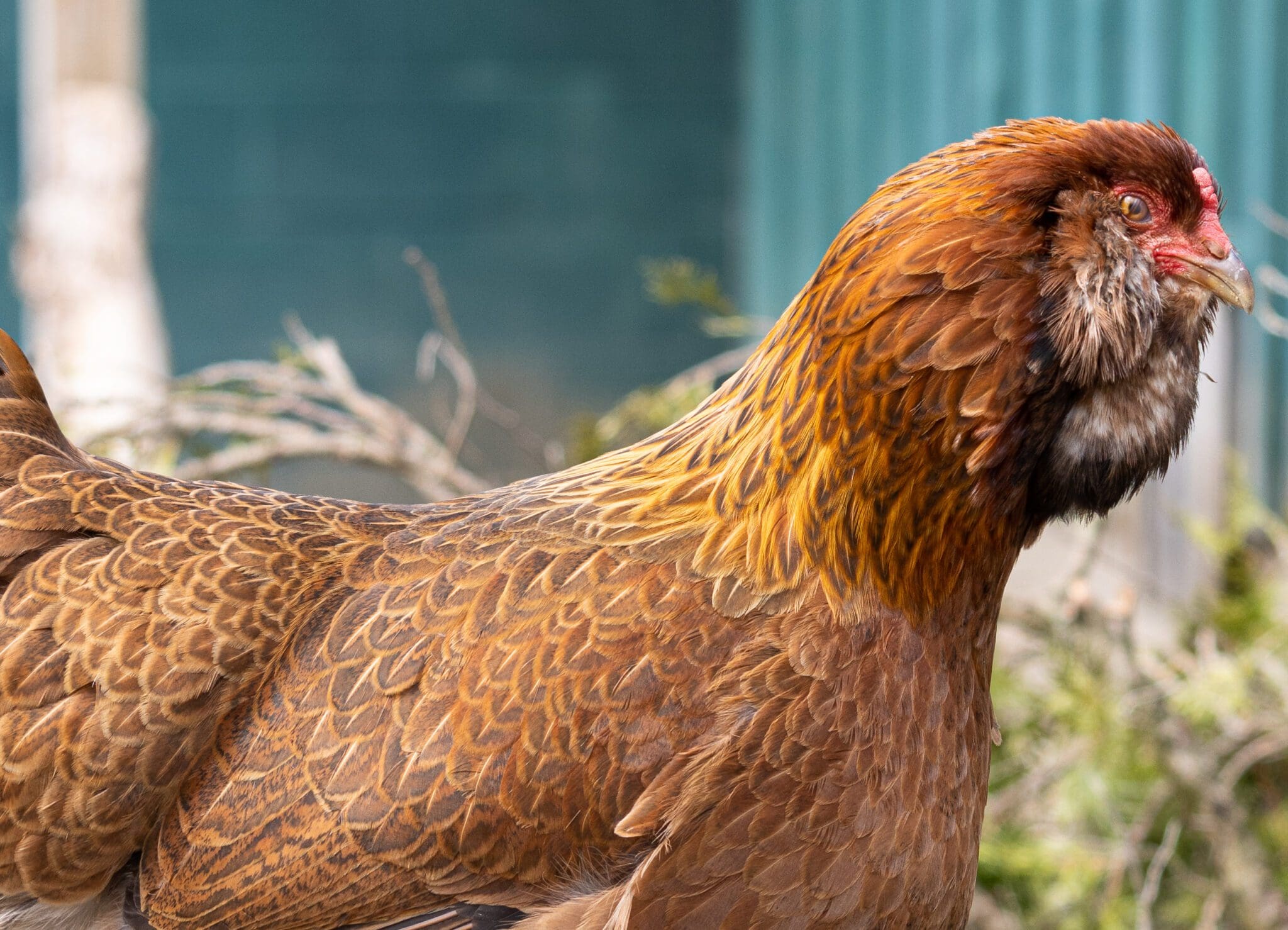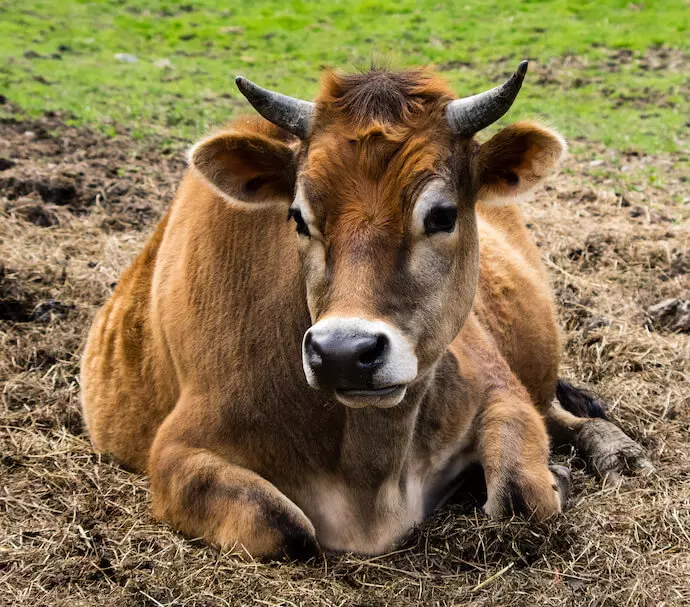
Sanctuary Update: Preventing HPAI H5N1 (Highly Pathogenic Avian Flu) & How We’re Continuing To Keep Our Bird Residents Safe Through Uncertainty
Updated March 31st, 2023 Unfortunately, as you may have seen on the news, highly pathogenic avian influenza (HPAI H5N1) has reached our region of New York. For over a year now, this incredibly dangerous influenza is continuing to impact not only populations of birds across the region, but all across our country and planet. Within the US, nearly 59 million domestic birds have been affected by and deceased due to HPAI since the outbreak began impacting our area in 2022. Sadly, there have even been Sanctuaries directly impacted by avian influenza, leading to the euthanasia of all their bird residents. This strain of bird flu is especially detrimental to other wild bird populations (hawks, owls, eagles, etc.) along with wild mammals. These cases are contracted when an infected wild bird is consumed by other wildlife, leading to a direct route of transmission.
- How HPAI impacts our region + grounds: CAS lies within a wild bird migratory route that is further exacerbated by the large pond in the middle of our main property. Over the decades that we have had the Sanctuary on these grounds, generations of wild waterfowl have also learned that this is a safe place for them to rest and inhabit. Unfortunately, wild waterfowl (ducks, geese, etc.) are the primary, natural reservoir for this strain of avian flu, which means we need to have stricter protocols than other facilities may employ. The large population of wild waterfowl that move through or reside at CAS significantly increase the opportunities for infectious materials to be tracked into a bird enclosure, which is why we continue to take a proactive approach with rigorous quarantine measures for staff, volunteers, and public visitors.
- CAS safety protocols: Our goal is to prevent contact between our avian residents and contaminated items or infectious wild birds.
- Limited access to bird enclosures: spaces that house our avian residents are only entered by staff that have been trained to follow strict quarantine protocols.
-
-
Personal protective equipment (PPE): When staff enter avian habitats, they sanitize their hands with alcohol-based sanitizer and wear boot covers over their footwear to minimize the opportunity for outside infectious material to be tracked into our bird homes + yards; when physically handling birds, scrubs + nitrile gloves are worn as additional protective layers.
- Habitat set-up: we have worked diligently to eliminate opportunities for wild birds to enter or contaminate our bird resident enclosures through the construction of enclosed ‘birdios’ and netted yards.
- No pond access: our CAS waterfowl typically have access to the main pond, however, to minimize their risk of exposure to infectious materials we have removed all CAS avian residents from pond access.
-
- When will our birds be out of quarantine? When will avian flu be over?
- We just don’t know. The scientific community was hoping to see a decrease in cases over the colder, winter months, but unfortunately a very mild winter did not produce this desired effect. Globally, there are regions where this strain of avian flu (H5N1) has become endemic, meaning it has established and is unlikely to leave those areas in the anticipated future. We can’t be sure what this means for us, but we do know that we need to continue keeping strict quarantine measures to protect our avian residents.
animal rescue, animal sanctuary, avian flu, bird flu, bird rescue, birds, Catskill Animal Sanctuary, chickens, ducks, farm animal rescue, geese, H5N1, hpai, Hudson Valley, hudson valley ny, quarantine, rescued turkey, safety, turkeys, vegan





